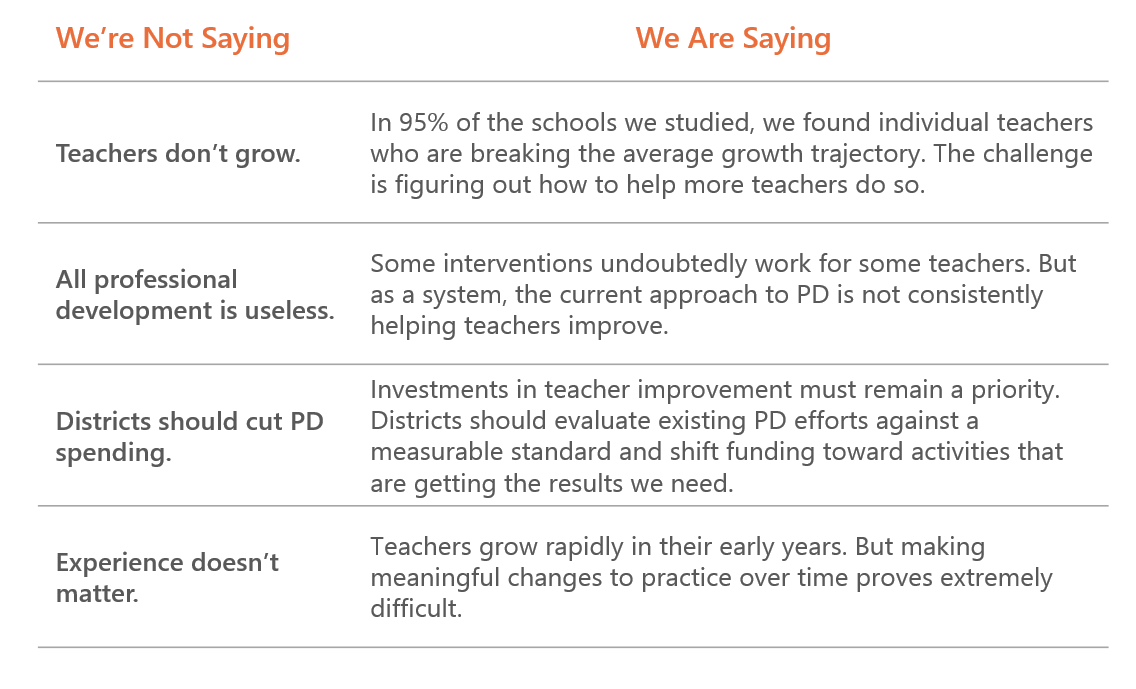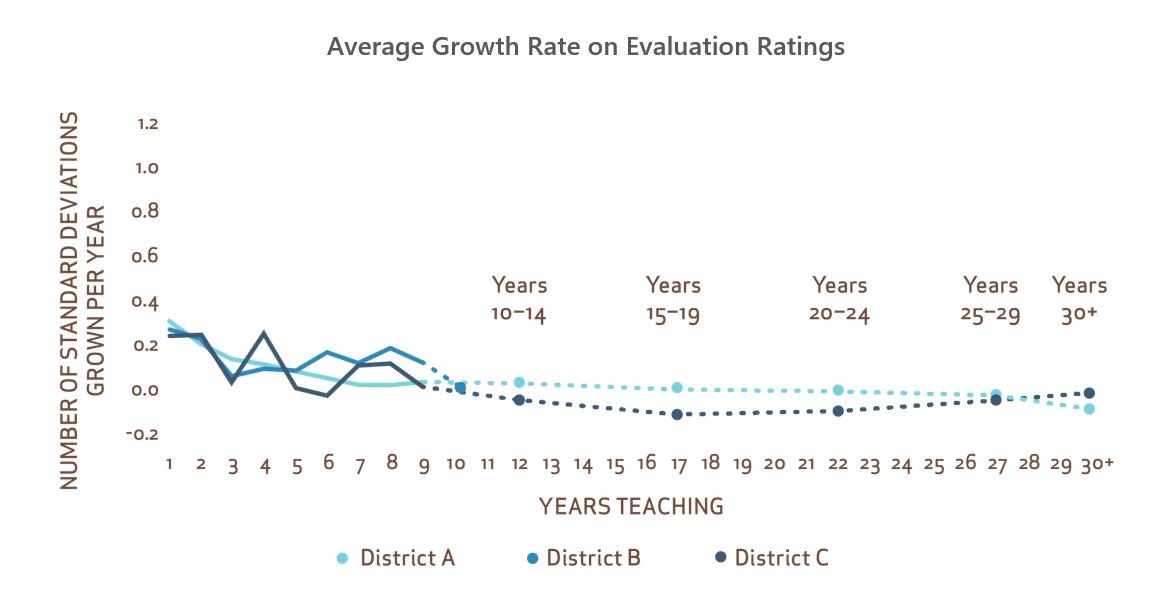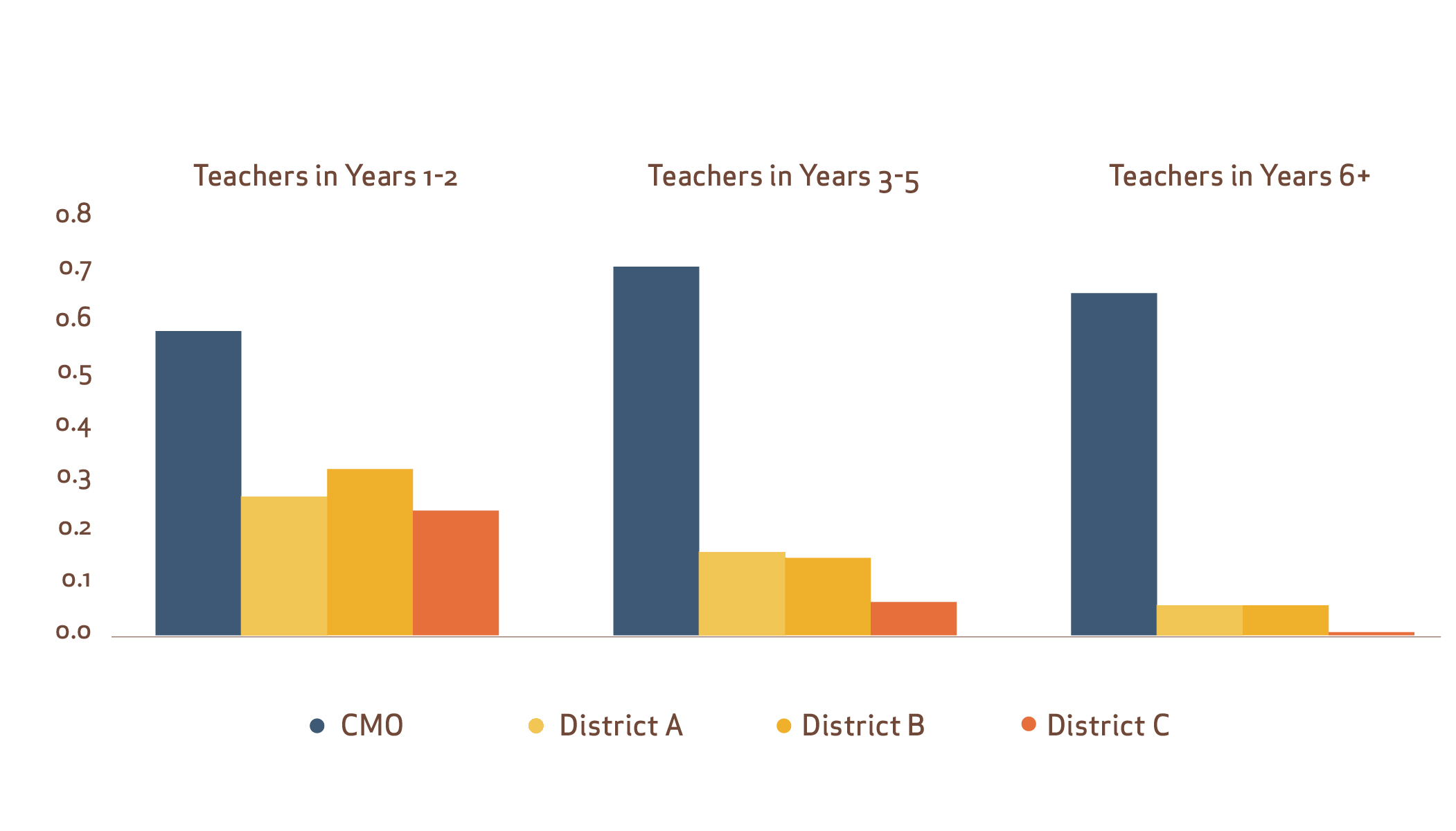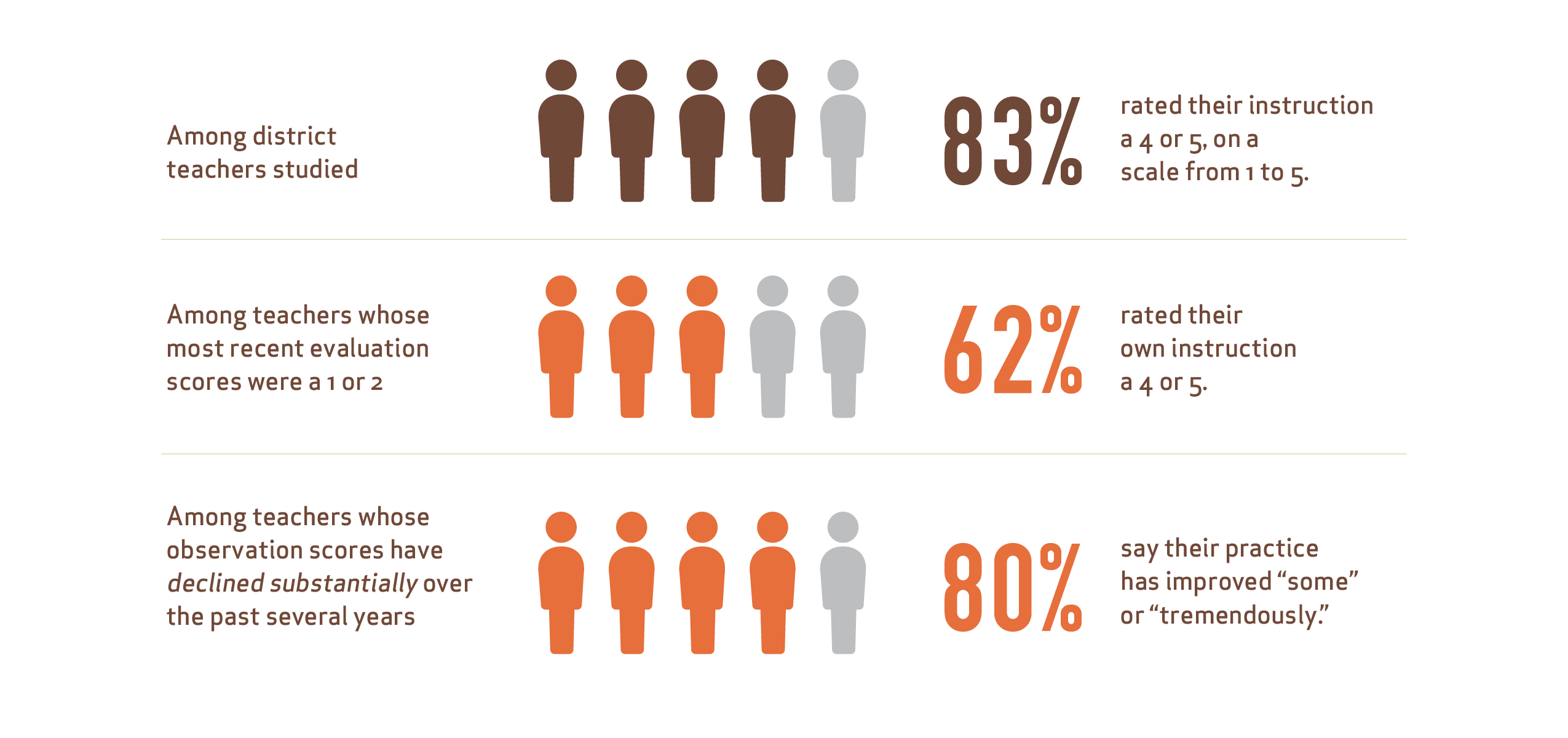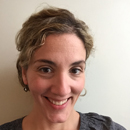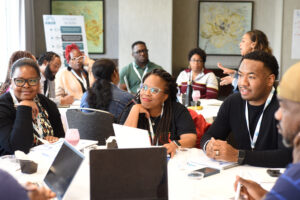When we released The Mirage last August, we expected some dismay in response to our findings (we went through the five stages of grief ourselves). But our intent was never to convince anyone to throw in the towel on teacher development. Instead, it was to ignite a much-needed conversation about our current approach, and try to unpack a big question: How do we really help teachers improve at scale?
After the report’s release, we spent the rest of the year on the road presenting our findings to local groups and listening in on conversations among those who are doing the hard work of helping teachers improve every day: school, district, charter and state leaders and of course, teachers themselves. Our tour has taken us from small briefings for district staff to roundtable discussions with philanthropists to huge rooms full of district and charter educators and policy makers. At each stop, we’ve heard a range of reactions to The Mirage and wrestled with ideas for how all of us in pre-K-12 education can better support teachers. Here’s an update on a few of our largest meetings and what we’ve heard along the way:
Stop 1: New Orleans, Louisiana
In New Orleans, we presented The Mirage to a crowd of teachers, principals, human resource officers, and leaders from local charter schools. Several folks offered reactions to the broader implications. We heard questions like, “What should we do now? Quit professional development?”
It’s an understandable question—and it offered an opportunity to reiterate the things we’re not saying in The Mirage:
The New Orleans crowd was also particularly interested in the CMO featured in The Mirage. The group, which included many educators from local charter schools, spent time digging into key data about what the CMO was doing well, and what we could learn from them. Conversation topics included how to build a school culture that focuses on continuous growth, and how to maximize opportunities for teachers to get feedback on their performance.
Stop 2: Las Vegas, Nevada
Out west, we were hosted by Nevada Succeeds. We presented our findings before a crowd of district superintendents representing Nevada counties, as well as members of the state board of education. This group—like many we’ve visited and spoken to since releasing The Mirage—was not surprised by our findings. We heard things like “Yup, that’s my district.” What did surprise them, though, was the extent of the data proving what they already sensed might be true: Teachers’ growth is plateauing after the early years.
The discussion centered on the importance of creating school cultures where learning and growth over time is valued—and expected. There was a consensus that effective development is challenging enough on its own, but some participants made the important distinction that it’s doubly so in a school culture where no one is pushed or held accountable for improvement. Several former educators noted they’d even left schools because their cultures were not focused on growth, in stark contrast to the CMO profiled in the report.
Stop 3: Brooklyn, New York
The CMO again took center stage in Brooklyn. In front of teachers, school leaders, department of education representatives, and TNTP staff, Achievement First (AF) revealed themselves as the anonymous charter organization profiled in The Mirage. Co-CEO Doug McCurry presented AF’s approach to professional development and a lively panel discussion featured Doug Lemov, author of Teach Like a Champion and Managing Director of Uncommon Schools, Ian Rowe, CEO of Public Prep, and an AF teacher, Kristina Haag, and principal, Fatimah Barker.
The panel’s discussion dug deeper into the importance of instilling a growth mindset in everyone in a school system, and making clear what success in the classroom is—and isn’t. “It’s hard to make people better when there are different perceptions of success,” said Lemov. AF’s panel representatives gave insights into how they’ve been able to foster such an environment in their schools. Fatimah Barker, an AF principal, said that at the school level, a big first step is building a school community where everyone is on the same page about the importance of success and growth.
“People are successful when they know they have a community of supporters around them” – Fatimah Barker @achievement1st Principal #MiragePD
— Uncommon Schools (@UncommonSchools) November 3, 2015
Stop 4: Indianapolis, Indiana
Our Midwest event was hosted by Teach Plus, which presented the findings of their recent report on professional development alongside ours. In attendance were teachers, school leaders, and charter school leaders. After presentations, we assembled into breakout groups for discussion, in which a consistent theme emerged: To truly improve, teachers need school leaders who are invested and held accountable for their growth.
One suggestion was for school leaders to prioritize work that will help teachers improve and delegate non-instructional responsibilities, like facility management, to other staff members in order to spend more time in classrooms. One teacher said that she’d be more inclined to make use of development opportunities and suggestions from school leaders if they were present in her classroom beyond obligatory observations and conferences. “It’s hard to take development advice from a principal who comes into my class two times a year,” she said.
Stop 5: California
We closed the year out with two stops in California. Our first was in Los Angeles. We presented our findings along with Educators 4 Excellence to a blend of charter and LAUSD administrative staff. A big topic of discussion was nailing down the things the profiled CMO was doing well compared to larger school systems. Together, we circled around one big question: When we see pockets of success in smaller school systems, how can we scale them to larger systems?
Our last stop in California was San Francisco. We presented alongside representatives from our co-sponsor, the Charles & Lynn Schusterman Foundation, to district and charter employees, members of the non-profit education community, representatives from local foundations, as well as those working in education technology. Our conversation centered on creating environments where teachers want to grow, instead of environments where teachers feel pressured to hide their development areas from administrators. A finding of interest in the paper was the fact that many teachers aren’t accurately assessing their growth right now.
As a group, we discussed why that is, and, how schools can foster and sustain environments where teachers have positive attitudes toward professional growth.
Next Stop?
Our new year’s resolution is to keep pushing folks to not resort back to the status quo for professional development. Even in some open-minded circles, we’ve heard resistance to the idea that our current mode of helping teachers improve just isn’t working—even though we’re not the first to say this.
Our report ends with both short- and long-term recommendations for educators and school system leaders. In 2016, we’ll begin working with school systems on some of the eminently doable short-term steps toward a smarter approach to teacher development: defining teacher development as any activity that produces demonstrable improvement in teacher practice and has a positive impact on student achievement, setting clear goals for teacher development initiatives, measuring their impact and allocating resources based on what is actually working.
We’ll report back in the new year on what we are confident will be some encouraging progress.

